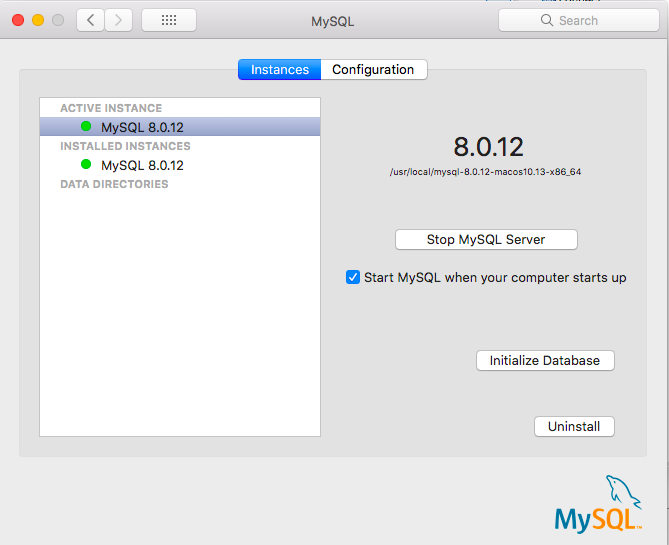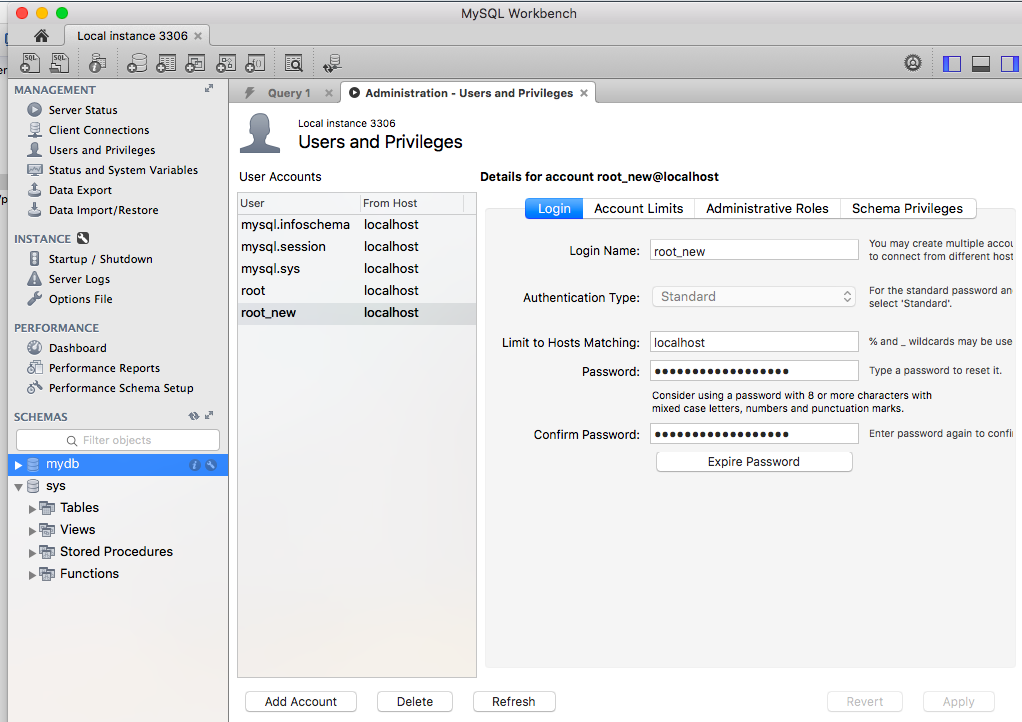I don't believe this is a viable solution -- to maintain a non-default feature that is rather simple to work around if need be: connecting with mysql --default-auth=mysql_native_password -p. Users should be familiar with the product that they're using as well, so changes such as this isn't our realm to interfere.
This is upstream's explanation as for why it's the preferred authentication plugin https://dev.mysql.com/doc/refman/8.0/en/upgrading-from-previous-series.html#upgrade-caching-sha2-password





This new auth method brings breaking changes to a lot of frameworks/workflows. I see a lot of emerging questions regarding this... Maybe it would be good idea to have 8 version images with old auth method also, for backwards compatibility?